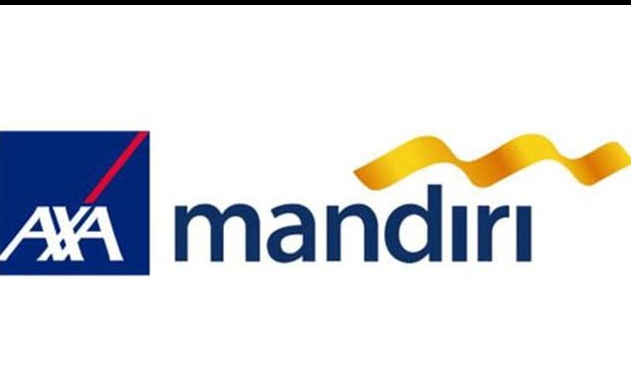 Bank Mandiri is going to release the majority of its shares in AXA, yet stays committed in bancassurance. (Image via Liputan6.com)
Bank Mandiri is going to release the majority of its shares in AXA, yet stays committed in bancassurance. (Image via Liputan6.com)
Seeking investors, Mandiri to release its shares on AXA in 2020
PT Bank Mandiri (Persero) Tbk revealed the plan to release its ownership shares in its insurance company, Mandiri AXA General Insurance (MAGI), in 2020 as revealed by Mandiri’s Business and Network Director, Hery Gunardi.Hery stated that currently, Mandiri owns 60% of shares in MAGI while the rest is owned by AXA, headquartered in Paris, France. The Business and Network Director explained that the return on equity (ROE) of the general insurance company is considered low. Therefore, Mandiri is considering to release of its shares.
The release of the 60% shares is done in two stages. The first stage had been done in 2018 where 40% of shares had been released. The second stage is for the remaining 20% of the shares. Mandiri initially targeted that the shares had to be purchased by five years from 2018.
Currently, AXA is seeking for the investors to buy the 20% shares. Hery pointed out that the purchase has to be done under Mandiri’s approval which might be happened around 2020.
Although it will release its majority shares, Mandiri will stay committed to bancassurance, an agreement where insurance product is being allowed to sell its product to the clients of its bank partner. From the bancassurance process, Mandiri is reaping the fee-based income.
In the Q3 of 2019, Bank Mandiri saw an 11.9% hike in its net profit to Rp20.3 trillion, compared to the amount in the same period last year at Rp18.1 trillion. Hery tabulated that the hike was affected by Mandiri’s net interest income growth by 8.9% to Rp43.94 trillion. He also hailed the efficient operational fee management and credit quality improvement.
Meanwhile, Mandiri’s net interest income’s growth is supported by the growth of credit channeling by 7.8% to Rp841.9 trillion. Credit channeling is supported by two main segments: corporate and retail credits, especially consumer and macro credits.
Source: https://bit.ly/2MVQeP3
 English
English Japan
Japan

sildenafil uses in women side effects of discontinuing metformin online viagra is viagra bad for you best natural appetite suppressant
cash prices for prescriptions cialis tadalafil 20 mg viagra boys who should not take viagra libido max review viagra benefits for women roman viagra best deal on viagra 100mg viagra vs cialis reviews pfizer viagra pde5 enzyme walgreens coupon policy printable best price for pfizer viagra female viagra what mg does cialis come in grocery coupons 2017 viagra pills cialis absorption cvs shopping deals grapefruit seed oil for sale pink ladies costume for girls buy viagra sildenafil citrate generic viagra 100mg cost of cialis 5mg traumatic brain injury assisted living viagra online taking viagra with cialis online pharmacies canada best foundation for older women viagra connect what medications interact with grapefruit belviq weight loss drug
https://bit.ly/3nAnZbc
https://bit.ly/vne-sebya-2021-goda
generic cialis tadalafil what happens when you take viagra cost of viagra per pill generic viagra usa to usa substitute for farxiga how much sildenafil to take
https://bit.ly/vne-sebya-2021-goda
protein capsules fda approval calendar 2017 consumer reports on male enhancement pills pfizer viagra price walgreens insurance enrollment for employees viagra gold 800 mg bestellen how much does viagra cost at walgreens
https://bit.ly/vne-sebya-2021-goda
kroger pharmacy drug list viagra and melanoma 2016 prescription viagra prices at costco snorting viagra how to take viagra for maximum effect best sites for viagra stopping lipitor suddenly